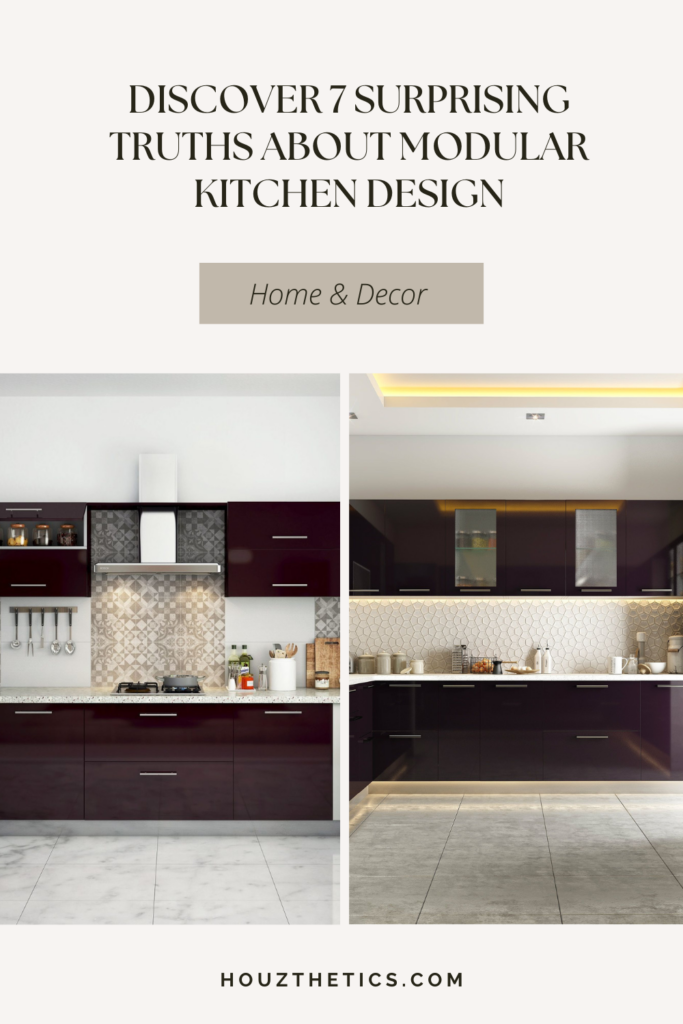
Modular kitchen design is a style of kitchen design that uses prefabricated cabinets and components to create a customized kitchen layout. This type of kitchen design is becoming increasingly popular due to its flexibility, affordability, and ease of installation.
Modular kitchens are typically made up of base cabinets, wall cabinets, and tall cabinets. These cabinets come in a variety of sizes and finishes, so you can create a kitchen that is both functional and stylish. Modular kitchens are also easy to install, as the cabinets are simply assembled and attached to the wall. This makes them a great option for DIYers or those who are on a budget.
Modular Kitchen Design
Modular kitchen design is a popular choice for homeowners who want a stylish and functional kitchen. This type of kitchen is made up of prefabricated cabinets and components that can be arranged in a variety of ways to create a custom layout. Modular kitchens are available in a wide range of styles and finishes, so you can find one that matches your taste and decor.
- Flexibility: Modular kitchens can be easily reconfigured to accommodate changing needs.
- Affordability: Modular kitchens are typically more affordable than custom kitchens.
- Ease of installation: Modular kitchens are easy to install, making them a good option for DIYers.
- Durability: Modular kitchens are made from high-quality materials that are built to last.
- Style: Modular kitchens are available in a wide range of styles, from traditional to modern.
- Functionality: Modular kitchens can be designed to meet your specific needs and preferences.
- Space-saving: Modular kitchens can be designed to maximize space, even in small kitchens.
- Eco-friendly: Modular kitchens are made from sustainable materials and are designed to be energy-efficient.
These are just a few of the key aspects of modular kitchen design. When you are planning a new kitchen, it is important to consider these factors to ensure that you create a kitchen that meets your needs and expectations.
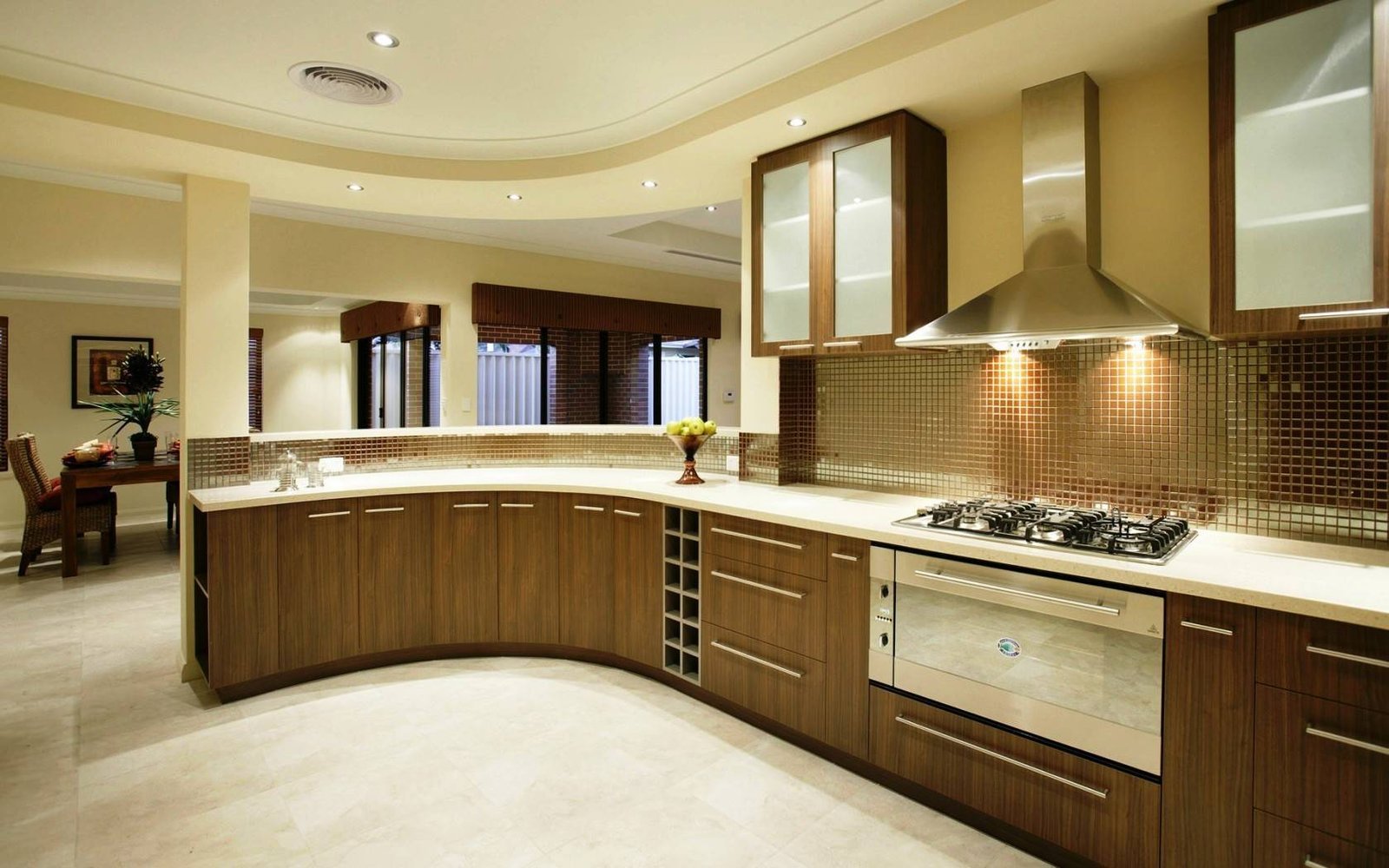
Flexibility
Modular kitchens are designed to be flexible and adaptable, allowing you to easily reconfigure the layout to accommodate changing needs. This is a key advantage over traditional kitchens, which are typically fixed in place.
- Changing family needs: As your family grows or changes, your kitchen needs may change as well. A modular kitchen can be easily reconfigured to accommodate a growing family, a new appliance, or a change in lifestyle.
- Remodeling: If you are planning to remodel your kitchen, modular cabinets can be easily removed and replaced, making it easier to update the look and feel of your kitchen.
- Renters: If you are a renter, a modular kitchen can be a great way to customize your kitchen without making permanent changes. You can easily reconfigure the layout to fit your needs, and then take the cabinets with you when you move.
The flexibility of modular kitchens makes them a great choice for any homeowner who wants a kitchen that can adapt to their changing needs.
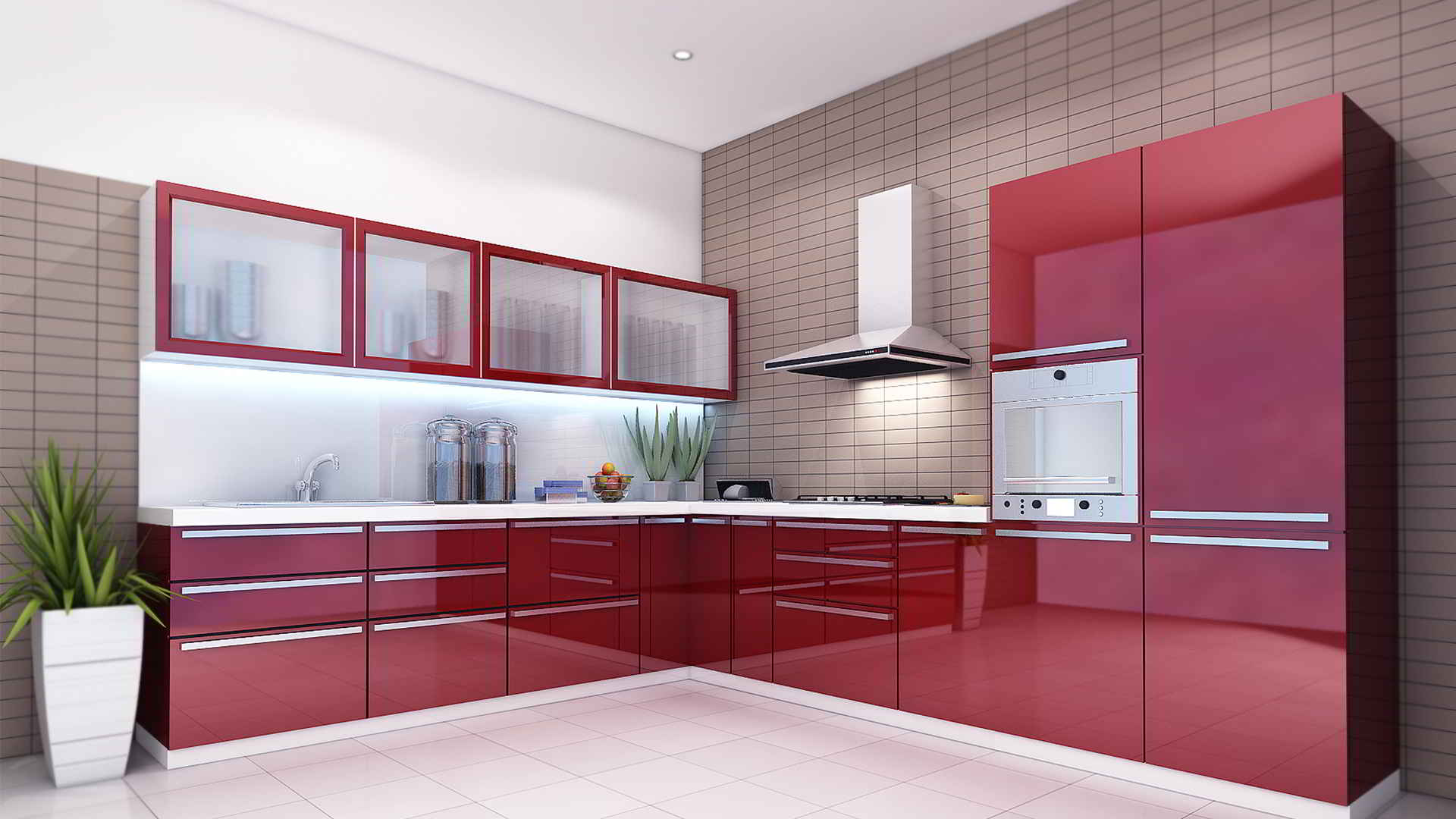
Affordability
Modular kitchens are typically more affordable than custom kitchens because they are mass-produced. This means that the manufacturer can spread the cost of production over a larger number of units, which results in lower prices for consumers.
Another reason why modular kitchens are more affordable is that they are typically made from less expensive materials than custom kitchens. For example, modular cabinets are often made from laminated particleboard, while custom cabinets are typically made from solid wood.
The affordability of modular kitchens makes them a great option for homeowners who are on a budget. However, it is important to note that modular kitchens may not be as durable as custom kitchens. This is because laminated particleboard is not as strong as solid wood.
Overall, the affordability of modular kitchens makes them a great option for homeowners who are looking for a stylish and functional kitchen at a reasonable price.
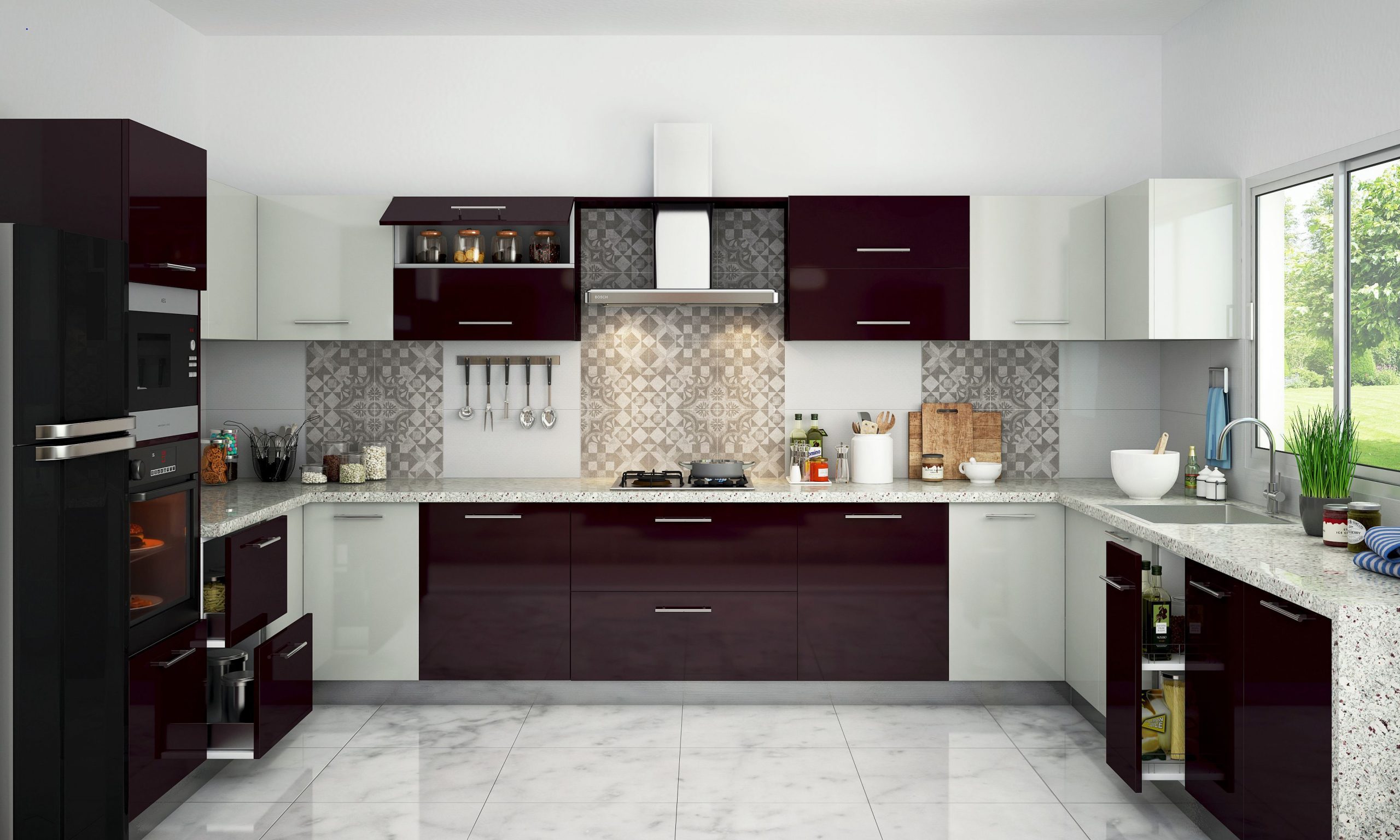
Ease of installation
The ease of installation is a key advantage of modular kitchens. Modular kitchens are designed to be easy to assemble, with cabinets that are pre-drilled and fitted with adjustable legs. This makes them a good option for DIYers who want to save money on installation costs.
In addition, modular kitchens are often lighter than traditional kitchens, making them easier to move and install. This is especially important for homeowners who are remodeling their kitchen or moving into a new home.
The ease of installation of modular kitchens makes them a good option for homeowners who want a stylish and functional kitchen without the hassle and expense of professional installation.

Durability
Modular kitchens are designed to be durable and long-lasting. They are made from high-quality materials, such as laminated particleboard, MDF, and stainless steel, which are resistant to wear and tear.
- Construction: Modular kitchens are constructed using sturdy materials and techniques. The cabinets are typically made from laminated particleboard or MDF, which is a strong and durable material. The doors and drawers are often made from stainless steel or other durable materials.
- Hardware: The hardware used in modular kitchens is also high-quality and durable. The hinges, drawer slides, and handles are all made from strong materials that are designed to last.
- Finishes: The finishes used on modular kitchens are also durable and easy to clean. The cabinets are typically finished with a laminate or melamine coating, which is resistant to scratches and stains.
The durability of modular kitchens makes them a good investment for homeowners who want a kitchen that will last for many years to come.

Style
The style of a modular kitchen is one of the most important factors to consider when designing your kitchen. The style of your kitchen will determine the overall look and feel of your home, so it is important to choose a style that you love and that fits your lifestyle.
Modular kitchens are available in a wide range of styles, from traditional to modern. This means that you can find a modular kitchen that matches any style of home. If you have a traditional home, you can choose a modular kitchen with a classic design. If you have a modern home, you can choose a modular kitchen with a more contemporary design.
The style of your modular kitchen will also affect the functionality of your kitchen. For example, if you choose a modular kitchen with a traditional design, you may have more storage space than if you choose a modular kitchen with a modern design. Ultimately, the style of your modular kitchen is a personal choice. There is no right or wrong answer. The most important thing is to choose a style that you love and that fits your lifestyle.
Here are some examples of different modular kitchen styles:
- Traditional: Traditional modular kitchens feature classic designs with raised panel doors, crown molding, and decorative hardware.
- Modern: Modern modular kitchens feature sleek designs with flat-panel doors, hidden hardware, and integrated appliances.
- Contemporary: Contemporary modular kitchens feature a mix of traditional and modern elements, such as shaker-style doors with stainless steel hardware.
- Transitional: Transitional modular kitchens feature a blend of traditional and modern elements, such as raised panel doors with sleek hardware.
When choosing the style of your modular kitchen, it is important to consider the overall style of your home, your personal preferences, and your lifestyle. By considering these factors, you can choose a modular kitchen style that you will love for years to come.

Functionality
The functionality of a kitchen is one of the most important factors to consider when designing your kitchen. A well-designed kitchen will be efficient and easy to use, making it a pleasure to cook and entertain in.
Modular kitchens are designed to be functional and flexible, allowing you to create a kitchen that meets your specific needs and preferences. For example, if you are a passionate cook, you can choose a modular kitchen with a large cooking area and plenty of storage space for your pots and pans. If you entertain frequently, you can choose a modular kitchen with a large island or peninsula that can be used for food preparation and serving.
The functionality of a modular kitchen is also determined by the layout of the kitchen. The layout of your kitchen should be designed to create a smooth and efficient workflow. For example, the cooking area should be located near the sink and refrigerator, and the dishwasher should be located near the sink.
By considering your specific needs and preferences, you can create a modular kitchen that is both functional and stylish.
Here are some examples of how modular kitchens can be designed to meet your specific needs and preferences:
- If you are a passionate cook, you can choose a modular kitchen with a large cooking area and plenty of storage space for your pots and pans.
- If you entertain frequently, you can choose a modular kitchen with a large island or peninsula that can be used for food preparation and serving.
- If you have a small kitchen, you can choose a modular kitchen with a compact design that maximizes space.
- If you have a large family, you can choose a modular kitchen with a large dining area.
The possibilities are endless. With modular kitchens, you can create a kitchen that is tailored to your specific needs and preferences.

Space-saving
In the realm of interior design, space optimization is paramount, especially in compact living spaces. Modular kitchen design embraces this concept, offering innovative solutions to maximize space utilization in kitchens of all sizes.
- Compact Layouts: Unlike traditional kitchen designs, modular kitchens feature compact layouts that prioritize functionality without compromising aesthetics. Space-saving layouts, such as L-shaped or U-shaped configurations, efficiently utilize corners and walls, creating a cohesive flow within the kitchen.
- Vertical Storage: Modular kitchens leverage vertical space by incorporating tall cabinets and pull-out drawers. These vertical storage solutions provide ample storage capacity while minimizing the kitchen’s footprint. Wall-mounted shelves and magnetic knife holders further enhance space utilization.
- Multi-purpose Appliances: Modular kitchens seamlessly integrate multi-purpose appliances to maximize functionality and save space. Ovens with built-in microwaves, refrigerators with freezer drawers, and sinks with integrated cutting boards combine multiple functions into a single unit, eliminating the need for separate appliances and freeing up valuable counter space.
- Foldable and Retractable Elements: Space-saving modular kitchens often incorporate foldable or retractable elements. Foldable breakfast tables, retractable worktops, and hidden storage compartments can be easily concealed when not in use, creating a clutter-free and spacious kitchen environment.
By embracing these space-saving strategies, modular kitchen designs transform small kitchens into efficient and functional spaces, ensuring that even the most compact kitchens offer both style and functionality.
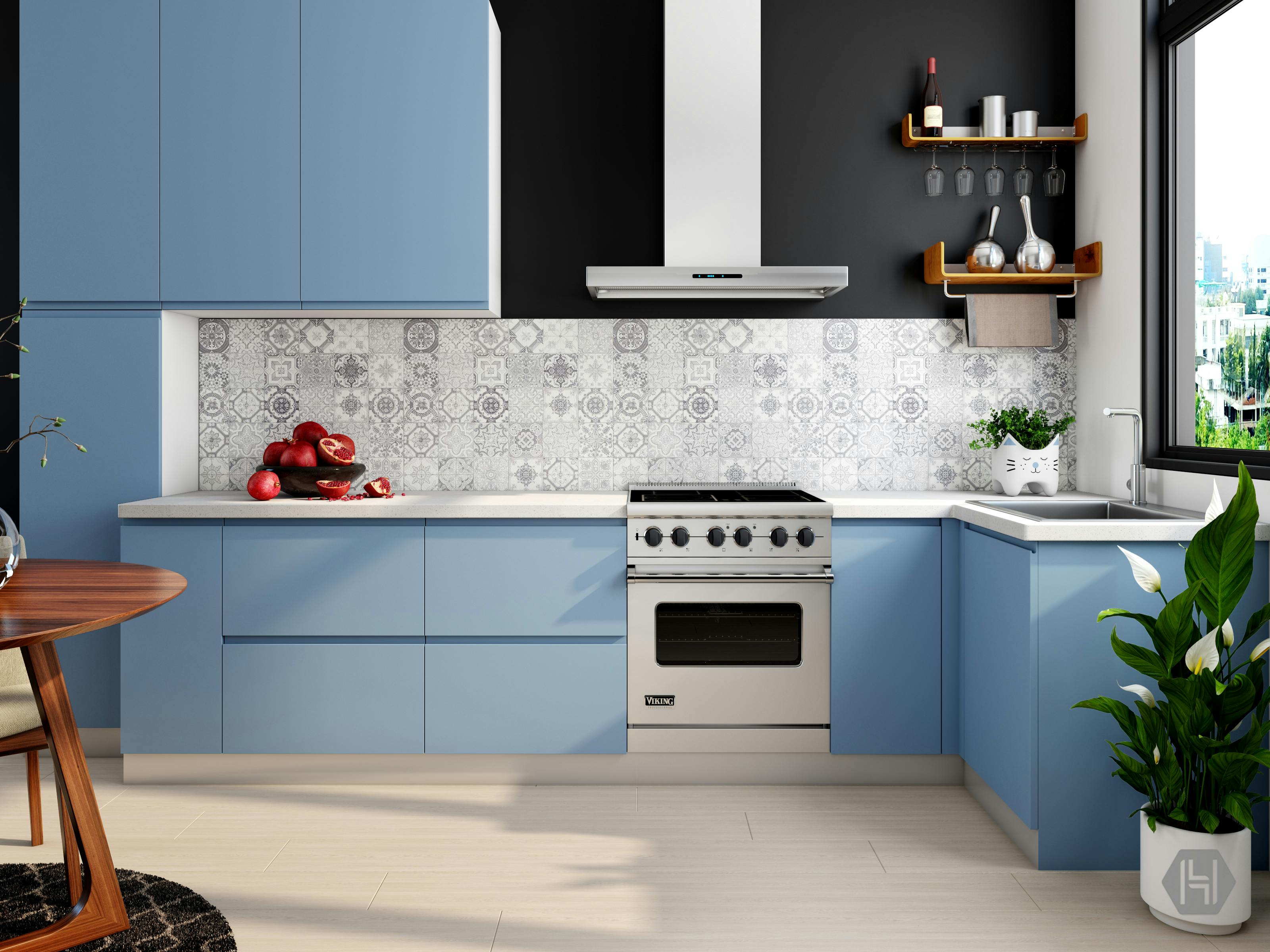
Eco-friendly
In today’s environmentally conscious world, eco-friendly design principles are becoming increasingly important in various industries, including kitchen design. Modular kitchens stand out as a sustainable and energy-efficient solution for modern homes.
The use of sustainable materials in modular kitchens plays a crucial role in reducing environmental impact. These kitchens are often made from recycled or rapidly renewable materials, such as bamboo, cork, or sustainably sourced wood. By choosing modular kitchens made from eco-friendly materials, homeowners contribute to the preservation of natural resources and the reduction of waste.
Furthermore, modular kitchens are designed with energy efficiency in mind. Energy-efficient appliances, such as refrigerators, ovens, and dishwashers, are integrated into the kitchen design, reducing energy consumption and lowering utility bills. Additionally, LED lighting and natural light optimization techniques help minimize energy usage.
The practical significance of eco-friendly modular kitchens extends beyond environmental benefits. Sustainable materials are often more durable and resistant to wear and tear, ensuring the longevity of the kitchen. Energy-efficient appliances not only reduce operating costs but also contribute to a healthier environment.
In conclusion, the eco-friendly aspect of modular kitchen design is an integral component that aligns with the growing demand for sustainable living. By choosing modular kitchens made from sustainable materials and designed to be energy-efficient, homeowners can create beautiful and functional kitchens while contributing to a greener future.
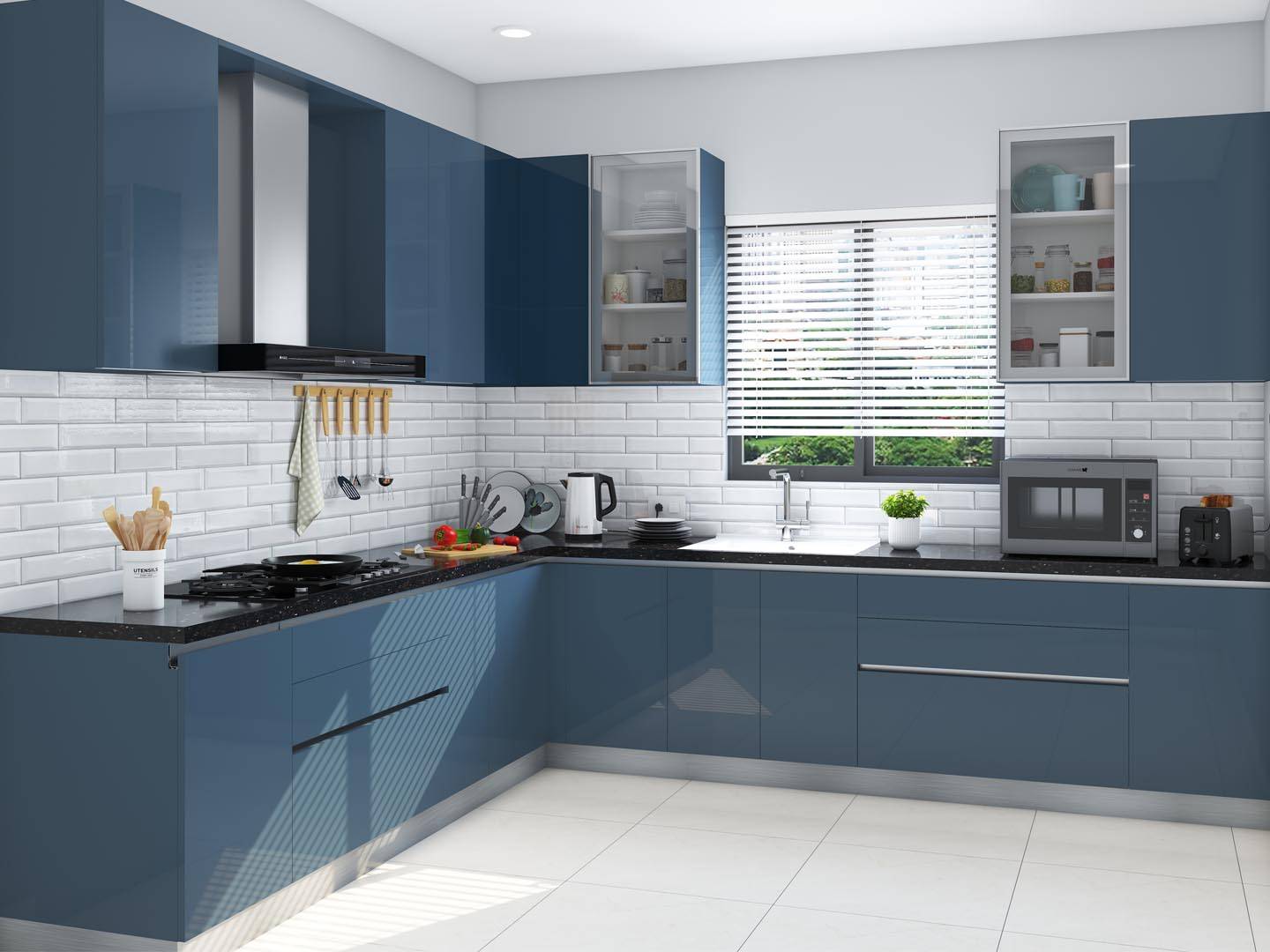
Modular Kitchen Design FAQs
This section addresses frequently asked questions (FAQs) about modular kitchen design, providing clear and informative answers to common concerns or misconceptions.
Question 1: What are the advantages of modular kitchens?
Answer: Modular kitchens offer numerous advantages, including flexibility, affordability, ease of installation, durability, a wide range of styles, and the ability to meet specific functional needs.
Question 2: Are modular kitchens less durable than custom kitchens?
Answer: While modular kitchens may use different materials than custom kitchens, they are designed to be durable and long-lasting. Reputable manufacturers use high-quality materials and construction techniques to ensure the longevity of modular kitchens.
Question 3: Can modular kitchens be customized to fit my specific needs?
Answer: Yes, modular kitchens offer a high degree of customization. You can choose from a wide range of cabinet sizes, styles, finishes, and accessories to create a kitchen that meets your unique requirements and preferences.
Question 4: How difficult is it to install a modular kitchen?
Answer: Modular kitchens are designed for ease of installation. The cabinets come pre-assembled and are typically fitted with adjustable legs, making the installation process relatively straightforward. Some manufacturers even offer professional installation services for added convenience.
Question 5: Are modular kitchens available in a variety of styles?
Answer: Yes, modular kitchens come in a wide range of styles, from traditional to modern and contemporary. This allows you to choose a style that complements your home’s overall design and personal taste.
Question 6: How do modular kitchens compare to traditional kitchens in terms of cost?
Answer: Modular kitchens are generally more affordable than traditional kitchens due to mass production and the use of cost-effective materials. However, the final cost can vary depending on the size, style, and features of the kitchen.
Summary: Modular kitchen design offers a practical and versatile solution for creating a stylish and functional kitchen. They provide numerous advantages, including flexibility, affordability, durability, and the ability to meet specific needs and preferences. Whether you are remodeling your existing kitchen or designing a new one, modular kitchens are an excellent option to consider.
